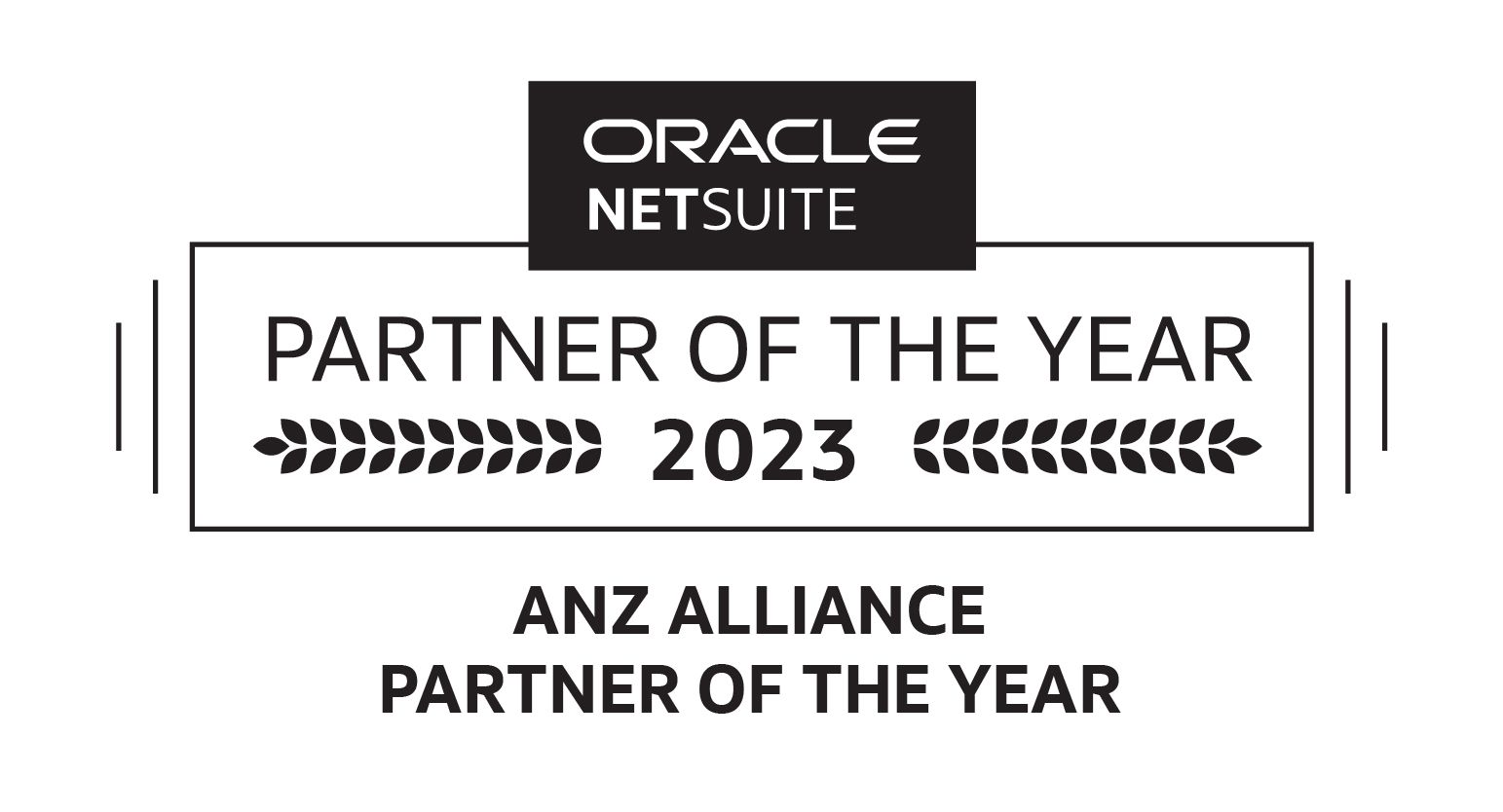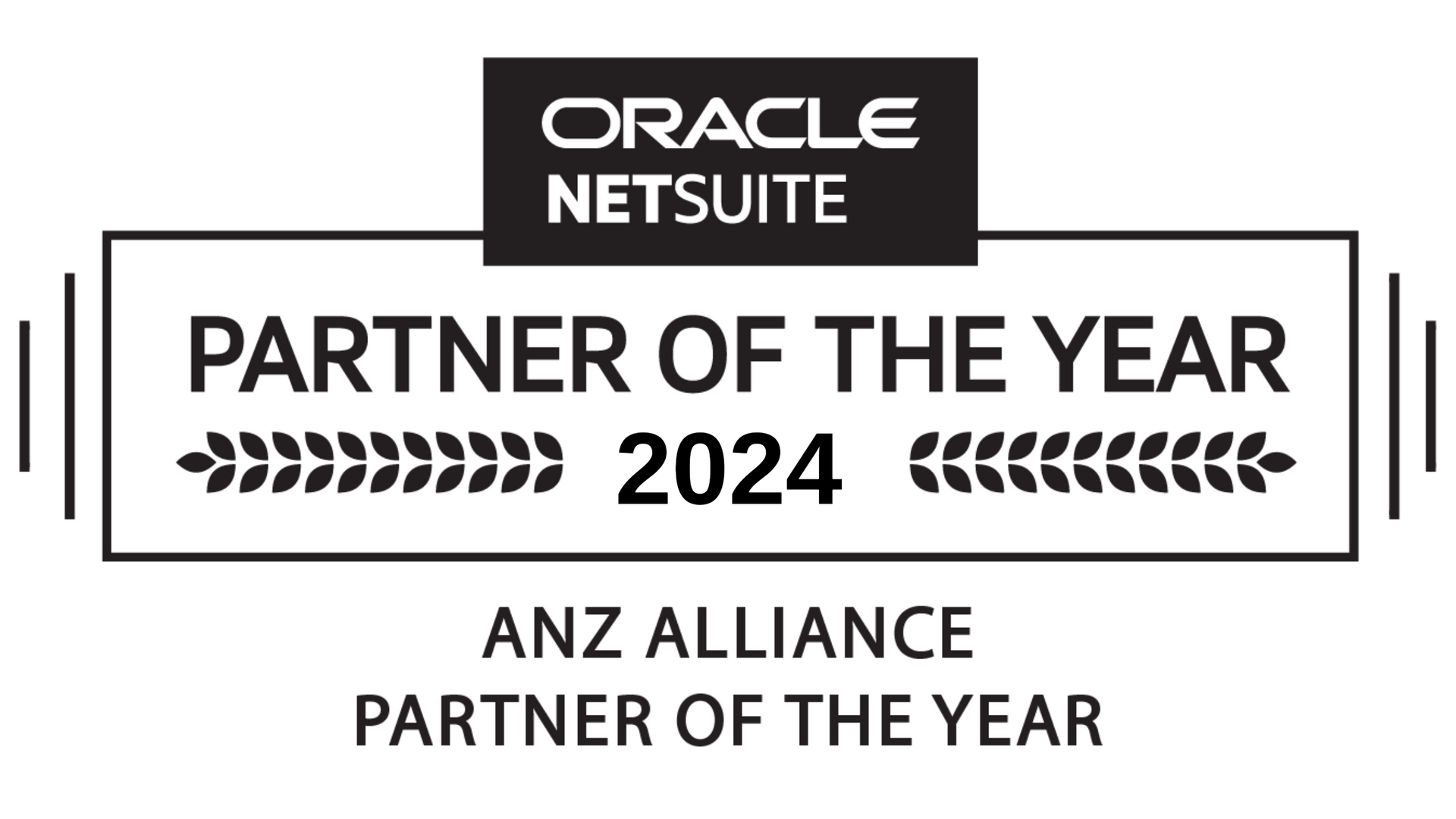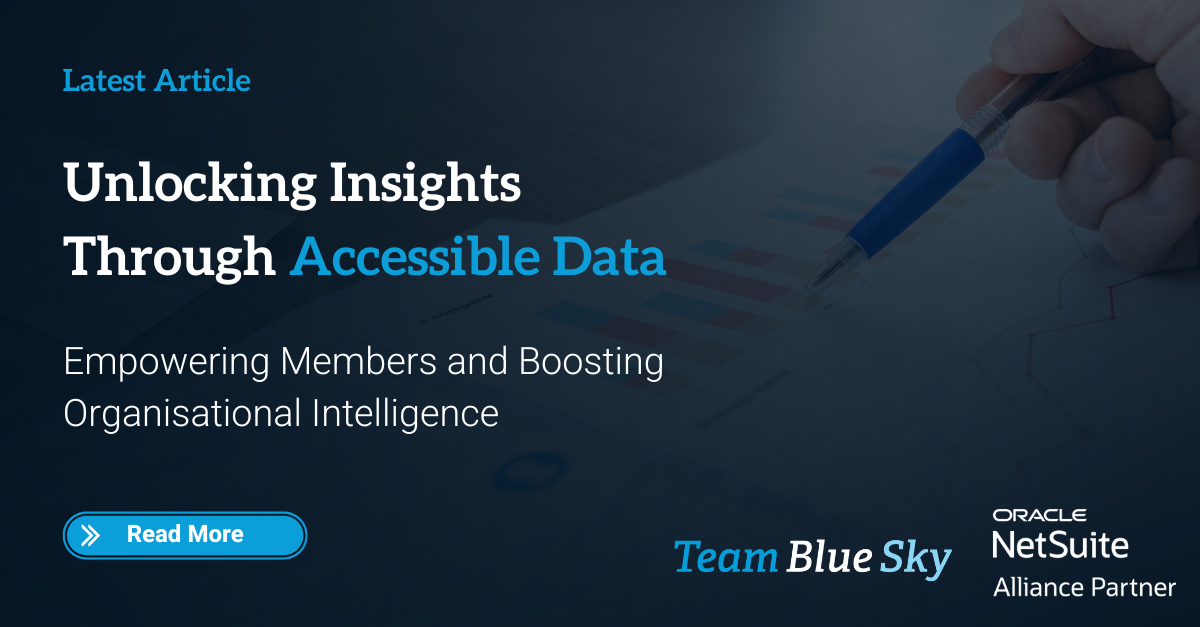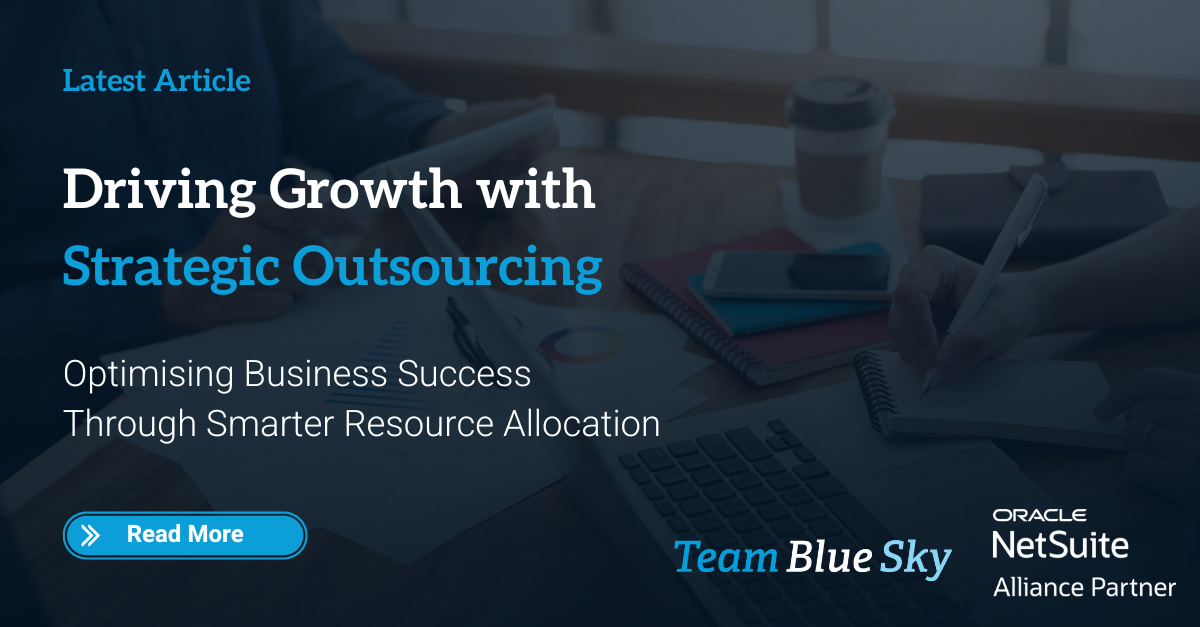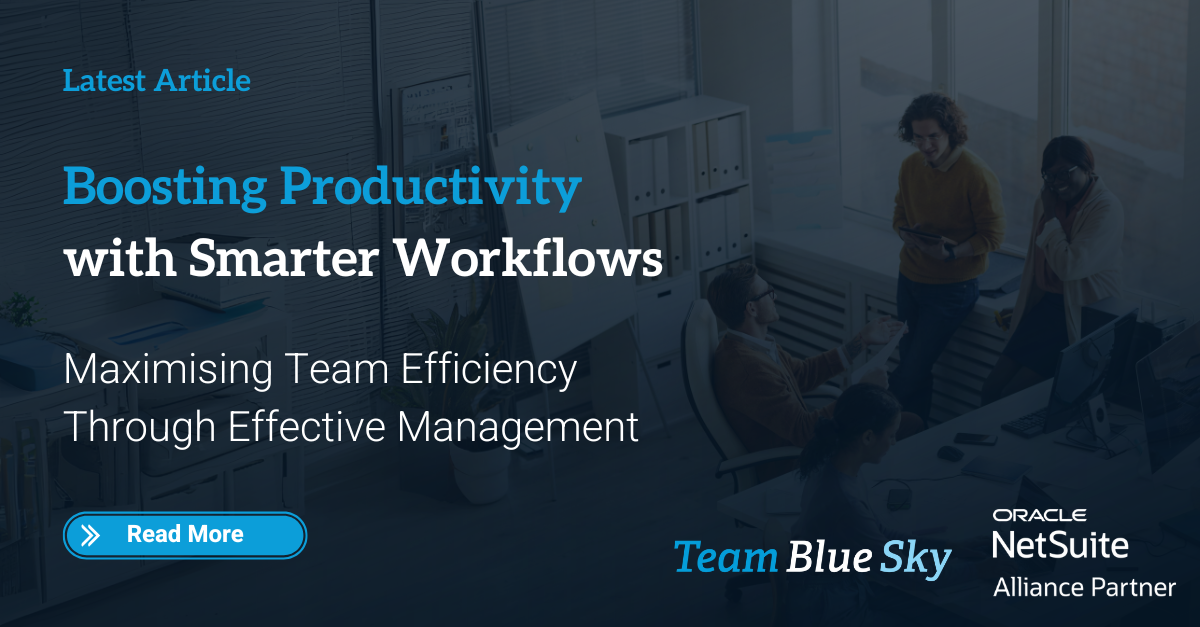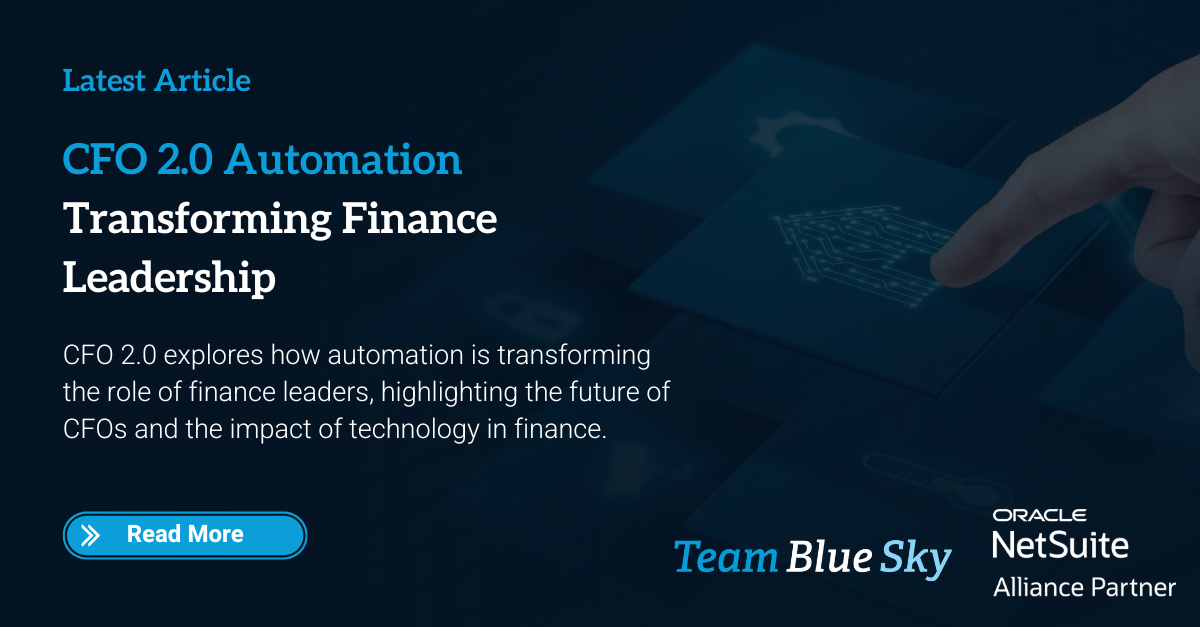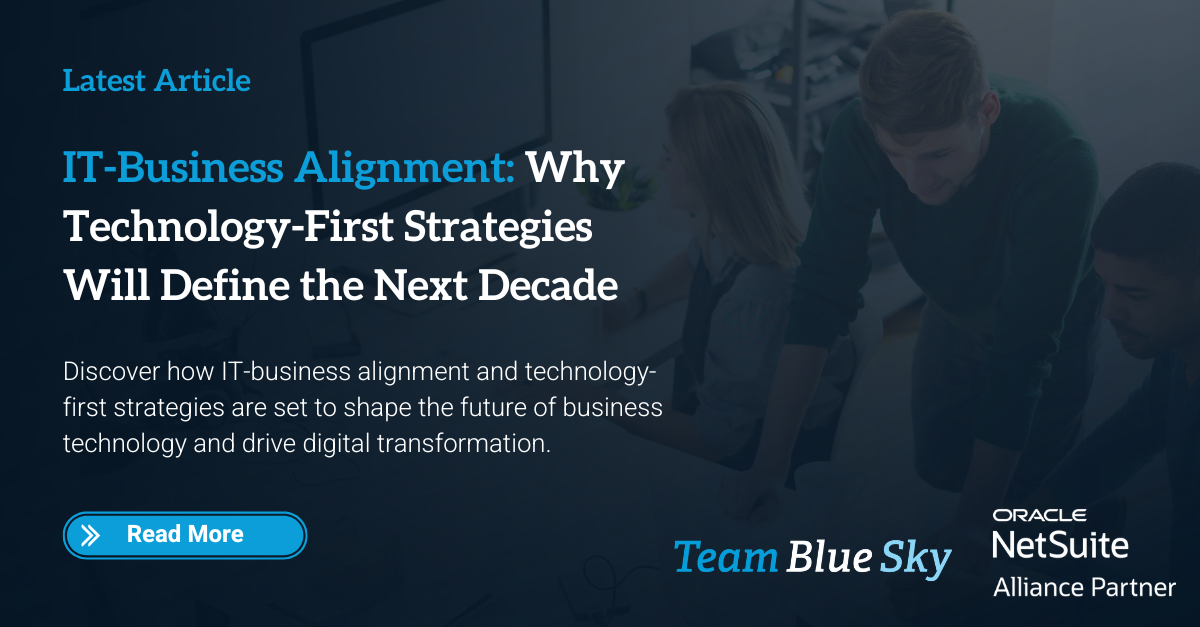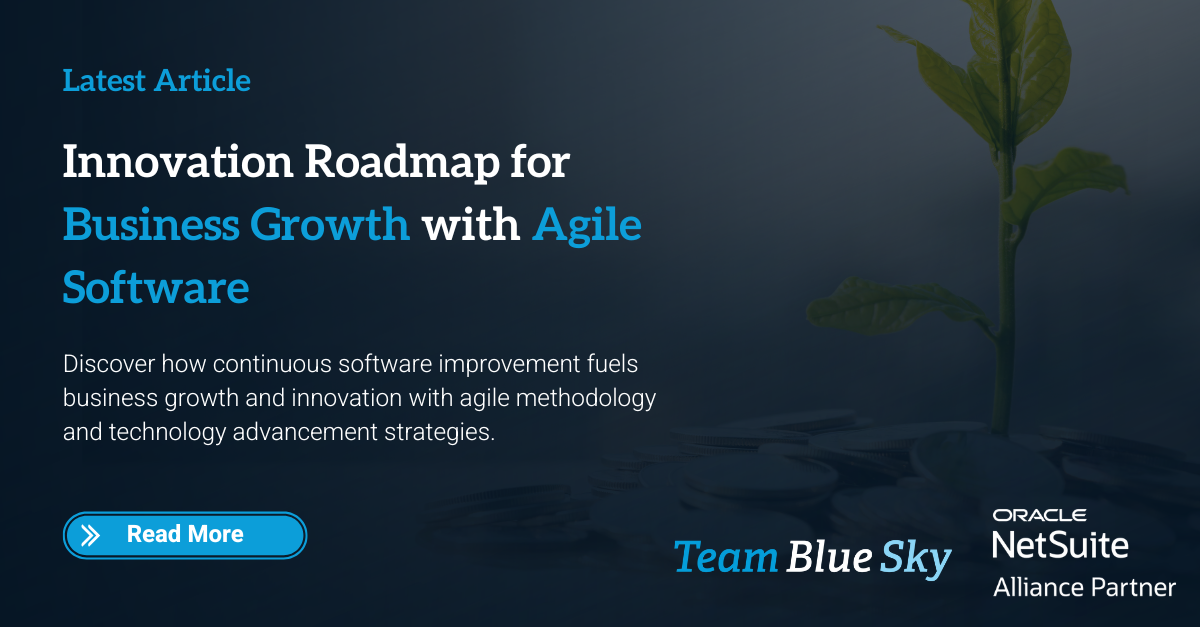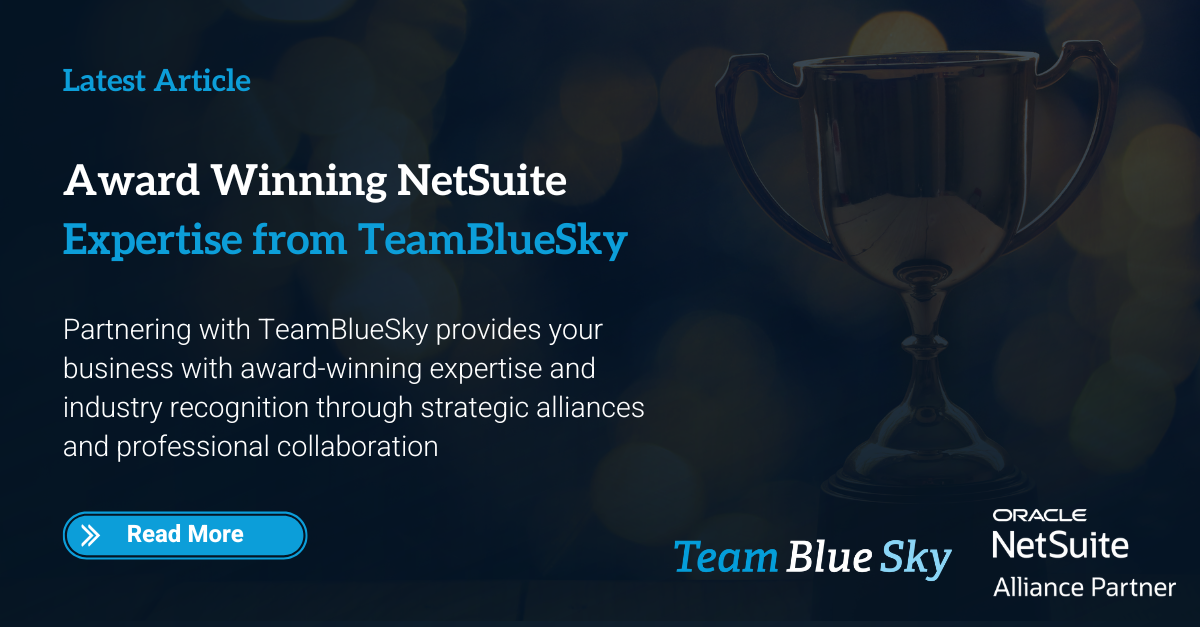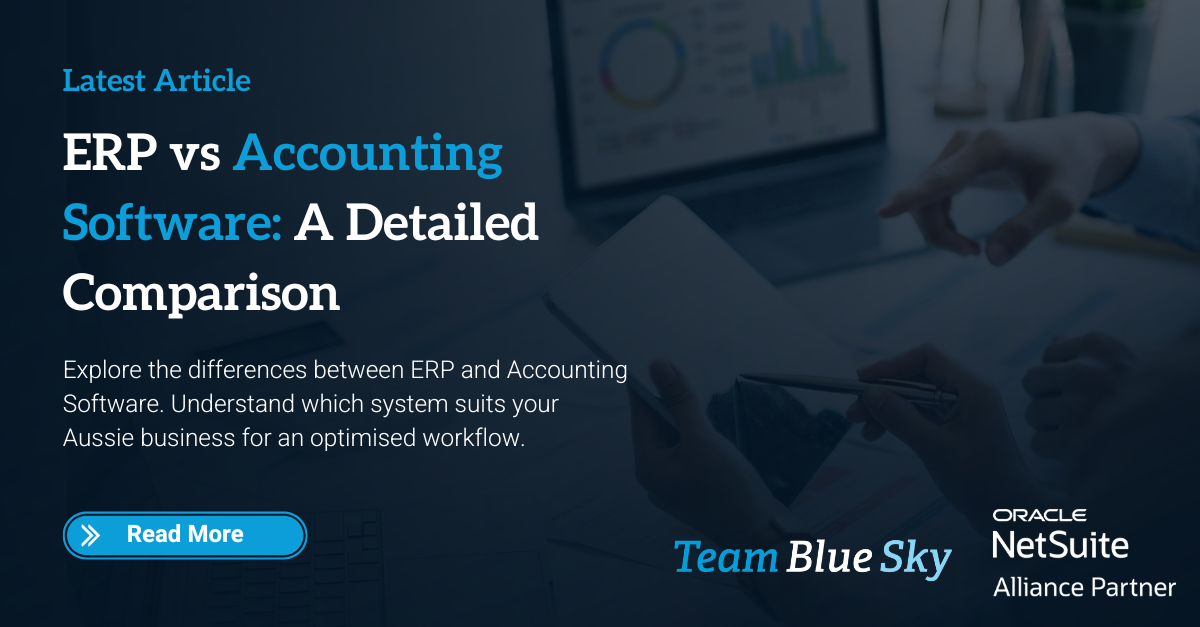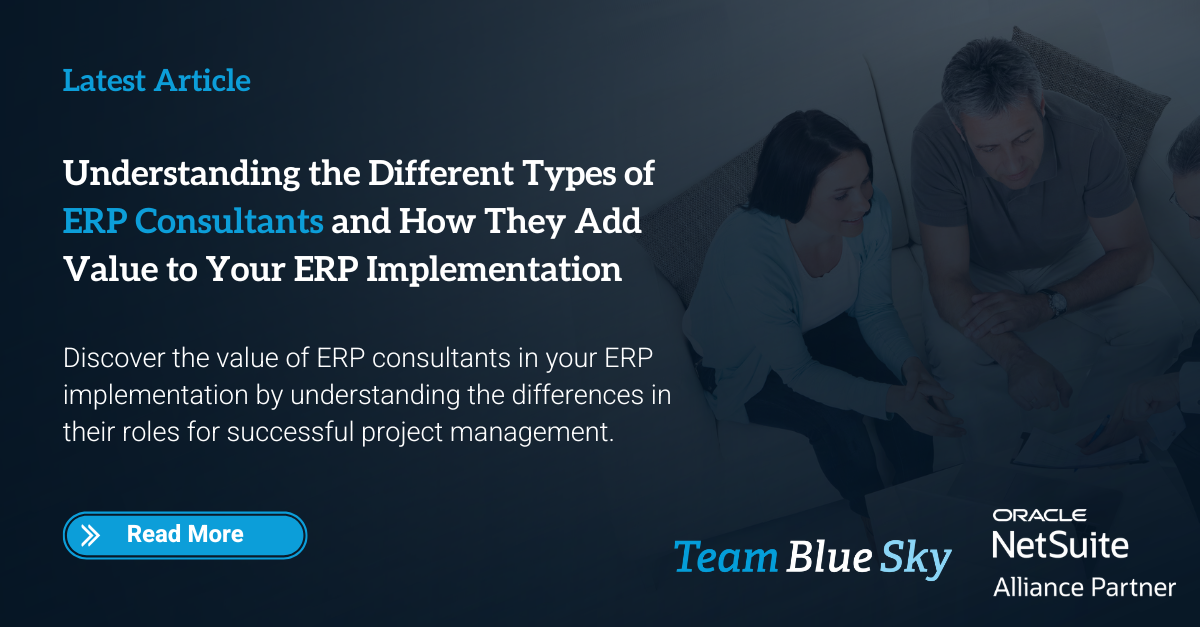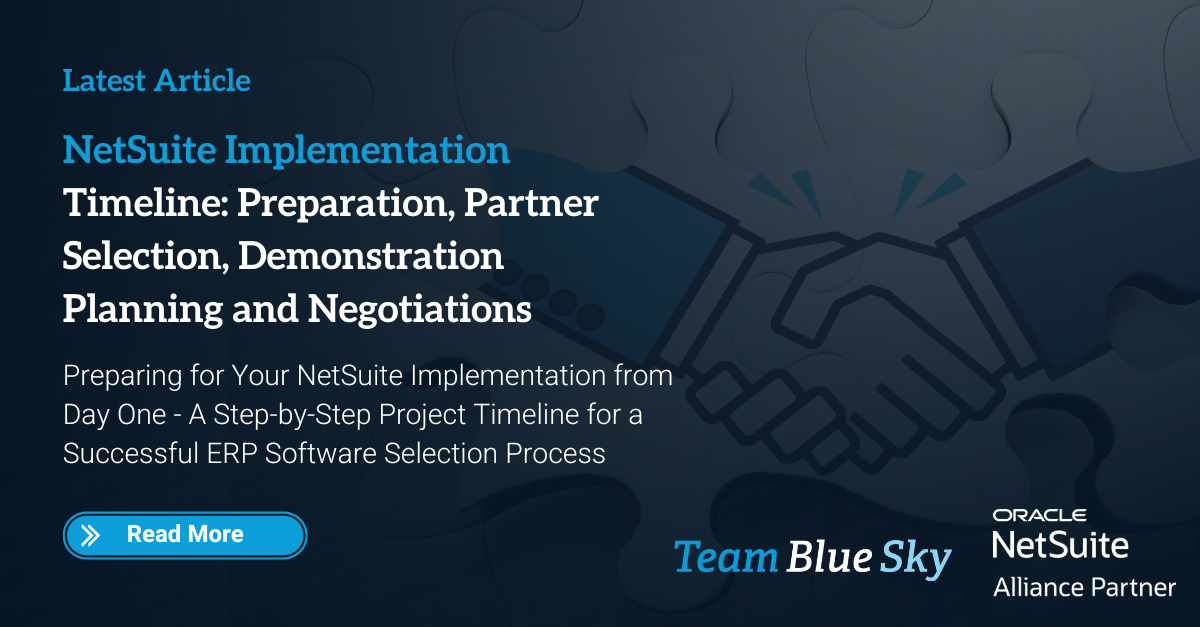NetSuite ERP Implementation Guide for Client-Side Project Managers
When a business makes the decision to implement an ERP system, there is usually a client side team member who temporarily takes on the responsibility of managing, coordinating and ensuring vendor performance during the implementation timeline. Traditionally, this role is referred to as the Implementation Project Manager, however recently catchier role descriptions such as Project Success Liaison, or Project Team Lead are more commonly used than before.
In this article, we will explore the role of the Client Side Project Manager during the course of an implementation, the skills and knowledge required to be successful, as well as share some tips, tricks and ideas that have led to more successful outcomes.
What is the Client-Side Project Manager Role in an ERP Implementation?
The Client-Side Project Manager (PM) plays a pivotal role in ensuring that the ERP implementation adheres to its budget, completes tasks on time, and delivers the expected functionality. This involves a careful balance of tracking expenses, managing resources efficiently, and ensuring that every aspect of the project aligns with the predefined financial constraints.
Project Administration
The PM is also responsible for monitoring the completion of tasks, ensuring they meet the required standards and are aligned with the project timeline. Furthermore, a critical component of their role is to guarantee that the ERP system is configured to cater to the specific needs of the business, requiring a deep understanding of business processes and how the ERP functionality can enhance them.
Time Management
Effective time management is crucial in working through the various phases of ERP implementation. The Client-Side PM must oversee the entire process, encompassing configuration, customisation, testing, training, go-live, and post-go-live support. This involves creating and maintaining a comprehensive schedule that details all key activities and milestones, ensuring that each phase transitions smoothly into the next. Regular monitoring of progress against the timeline is essential, with the PM needing to adjust schedules proactively to address any delays or advancements in the project's timeline.
Internal People Management
The role of the PM extends to managing internal teams, a task that involves engaging with various departments and ensuring their needs and concerns are adequately addressed. This includes liaising with internal stakeholders, coordinating with Subject Matter Experts (SMEs) to leverage their expertise effectively, and managing expectations at the executive level. Regular communication with the executive team is vital to keep them informed and involved in key decisions, ensuring alignment with the company's strategic objectives.
What Skills Do ERP Project Managers Need to Be Successful?
In an ERP implementation project, client-side project managers must harness a diverse set of skills and strategies to effectively manage the intricacies of tasks, deliverables, timelines, and dependencies.
Mastering Project Management Tools
Choosing the Project Management System
Selecting the ideal project management software is crucial for the success of an ERP implementation. The software should not only handle tasks, timelines, and dependencies but also align with the team's working style and the specific needs of the project. It’s important for the project manager to understand the features and limitations of different tools and choose one that enhances team productivity and communication. This decision can significantly impact the efficiency and effectiveness of the project management process.
Using Technology to Automate Tasks and Reporting
In addition to tracking, project managers should use technology to automate and streamline processes wherever possible. Automation can reduce manual errors, save time, and ensure consistency across various project stages. For instance, automated alerts for deadlines and dependencies can help keep the project on track. It's essential for the project manager to stay updated with the latest technological advancements and integrate them into the project workflow to optimise efficiency.
Ensuring Clear Communication and Consistent Collaboration
Fostering a Collaborative Environment
Creating a collaborative environment is essential in ERP implementations. Daily stand-up meetings should be interactive sessions where team members feel encouraged to share ideas, discuss challenges, and work together on solutions. It's the project manager's role to cultivate an atmosphere of open communication and teamwork, which can lead to innovative problem-solving and a more cohesive team.
Clear and Concise Communication
Effective communication is key in project management. The project manager must ensure that all communication, whether written or verbal, is clear, concise, and understandable to all team members and project stakeholders. This involves avoiding unnecessary jargon or acronyms, being specific about tasks requirements and expectations, and ensuring that all instructions and updates are comprehensible to everyone involved. Clear communication helps in minimising misunderstandings and keeping the team aligned with the project’s goals.
Maintaining Detailed Documentation
Organising Critical Documentation
Proper organisation of essential documents such as business requirements, scope documents, and deliverables is vital for the smooth running of the project. The project manager should establish a system where all documentation is stored, updated, and accessible to relevant team members. This not only aids in maintaining transparency but also ensures that everyone has access to the latest information needed for decision-making and project progression.
Accessible and Up-to-Date Records
Keeping records up-to-date and accessible is another critical responsibility of the project manager. This includes not only project plans and schedules but also meeting minutes and official communications. An effective document management system can ensure that all team members can easily find and refer to the information they need, which is crucial for maintaining continuity and consistency in the project.
Accurate Reporting
Accurate and timely reporting of project progress is essential. The project manager must ensure that these reports reflect the true status of the project, highlighting achievements as well as identifying any areas of concern. Regular reporting helps in keeping stakeholders informed and facilitates timely interventions when necessary.
Project Task Management
Ensure Strategic Task Prioritisation
Understanding and prioritising tasks based on their impact and urgency is a critical skill for a project manager. It involves analysing the project requirements and identifying which tasks are crucial for the project’s success. This strategic approach ensures that resources are allocated effectively and that the team focuses on high-priority tasks that drive the project forward.
Balance Task Delegation Between Team Resources
Balanced task delegation is essential to maintain an efficient and productive team. The project manager must consider each team member's skills, experience, and current workload when assigning tasks. This not only ensures that tasks are completed efficiently but also helps in preventing burnout and keeping morale high among team members.
Monitoring and Communicating Project Progress
Plan for Agile Responses to Change Requests
Adaptability is key in project management, especially in dynamic ERP implementations. The project manager needs to be agile in responding to changes, whether they are internal project shifts or external factors. This involves regularly reviewing the project plan and being prepared to make adjustments as needed to keep the project on track.
Focus on Continuous Improvement, Not Perfection
Continuous improvement in processes and strategies is vital for the long-term success of the project. The project manager should regularly evaluate the effectiveness of current methodologies and be open to adopting new approaches that can enhance project outcomes. This mindset of ongoing enhancement over perfection contributes significantly to the project’s overall success.
Project Risk Management
Proactively Manage Project Risks
Regular risk assessments are crucial to foresee and mitigate potential challenges that could impact the project. The project manager should identify risks early on and develop strategies to address them. This proactive approach can significantly reduce the likelihood of project setbacks and ensure smoother project execution.
Develop Contingency Plans
Having contingency plans in place for critical risks is a mark of good project management. The project manager must have robust plans ready for different scenarios to ensure project continuity in the face of unforeseen challenges. This preparedness helps in maintaining project momentum even under adverse conditions.
Build a Positive Feedback Culture in the Project Team
Encouraging Constructive Feedback
Creating a culture where feedback is actively sought and valued is essential for continuous improvement. The project manager should encourage team members to share their insights and suggestions. This feedback is crucial for identifying areas for improvement and enhancing the overall quality of the project.
Celebrating Milestones and Successes
Acknowledging and celebrating key milestones is important for maintaining team morale and motivation. The project manager should recognise the hard work and achievements of the team, celebrating successes both big and small. This recognition not only boosts morale but also reinforces the team’s commitment to the project’s goals.
Final Thoughts
ERP implementation requires a thoughtful, strategic approach, particularly for client-side project managers. The effective coordination of various phases, from planning and execution to training and post-go-live support, demands a blend of technical know-how, strong leadership, and meticulous organisation.
If you are preparing for an upcoming ERP implementation and seeking guidance to ensure a smooth and successful process, the team at TeamBlueSky is ready to assist you. With extensive experience and a deep understanding of ERP systems, particularly NetSuite, TeamBlueSky can provide the expertise and support you need.

Henry Sack
General Manager

With over 12 years of experience as a NetSuite implementation consultant, Henry Sack leads TeamBlueSky’s team of NetSuite and accounting experts in his role of General Manager.
TeamBlueSky is a leading Australian
NetSuite Alliance Partner whose mission is to provide critical
NetSuite BPO and
Payroll services to NetSuite clients who are wanting to simplify their
back office processes and partner with a leading
NetSuite administration expert.
TeamBlueSky have also partnered with global Suite Developer Network partners to offer local solutioning, implementation and support services for global NetSuite SuiteApps.


